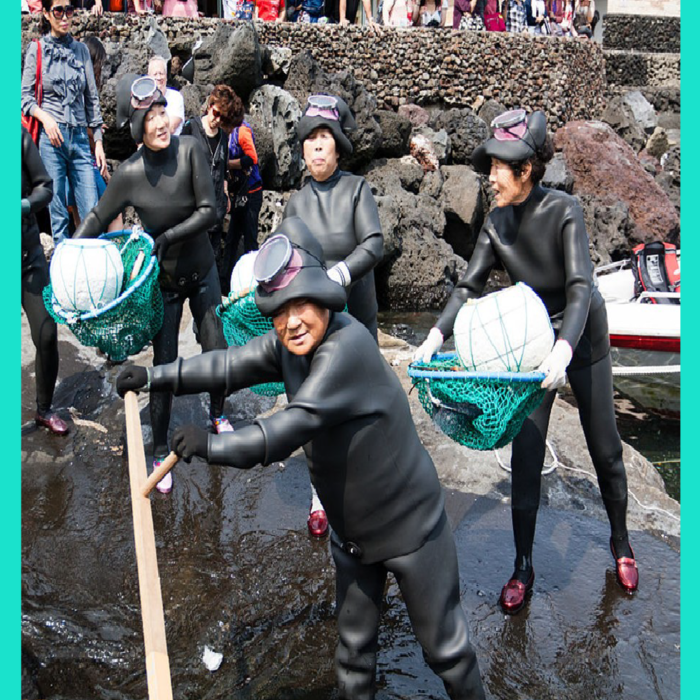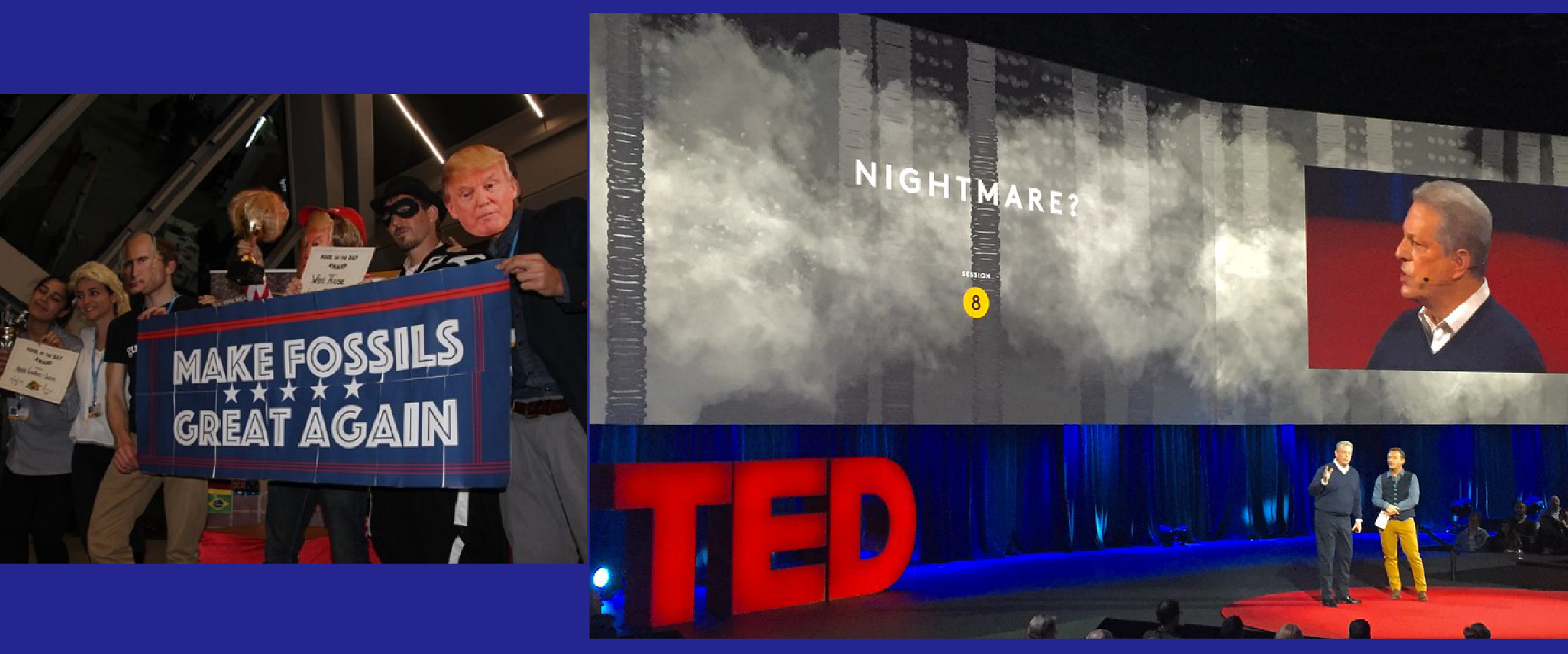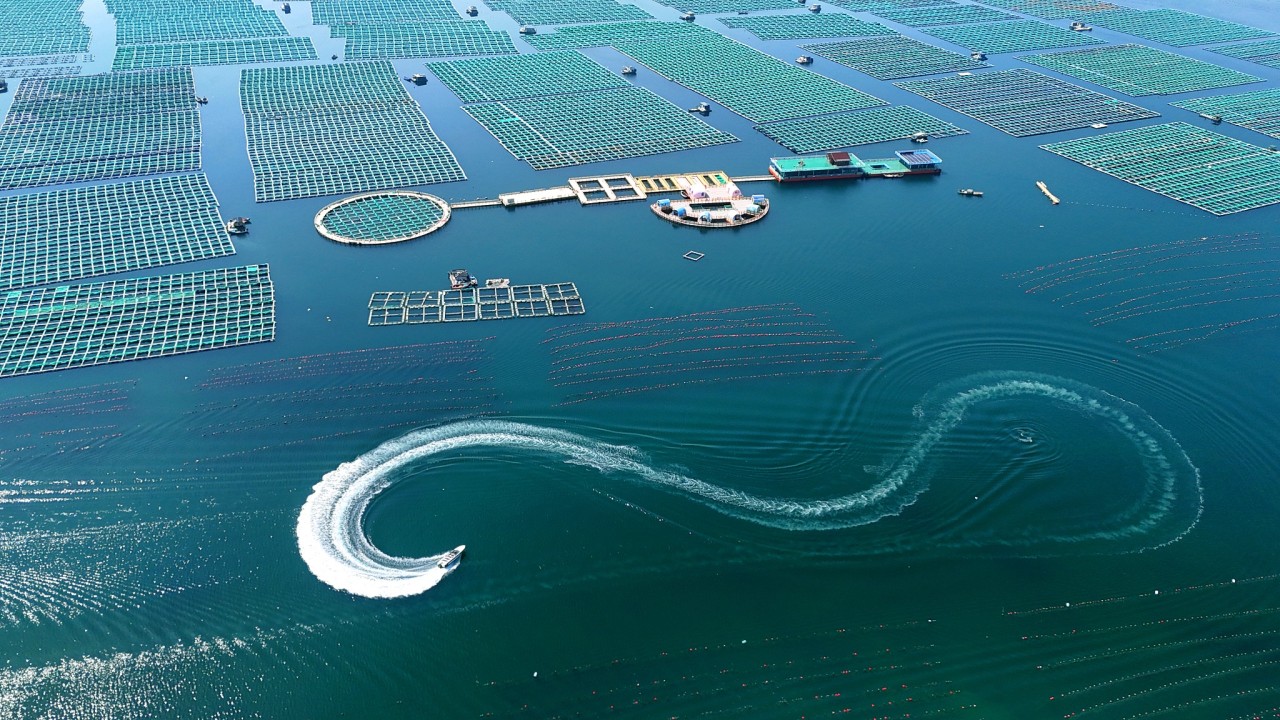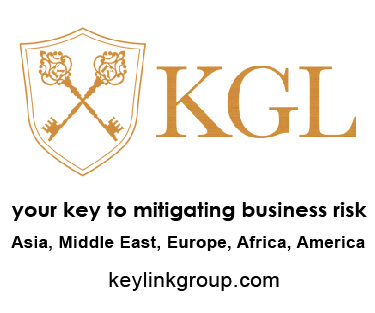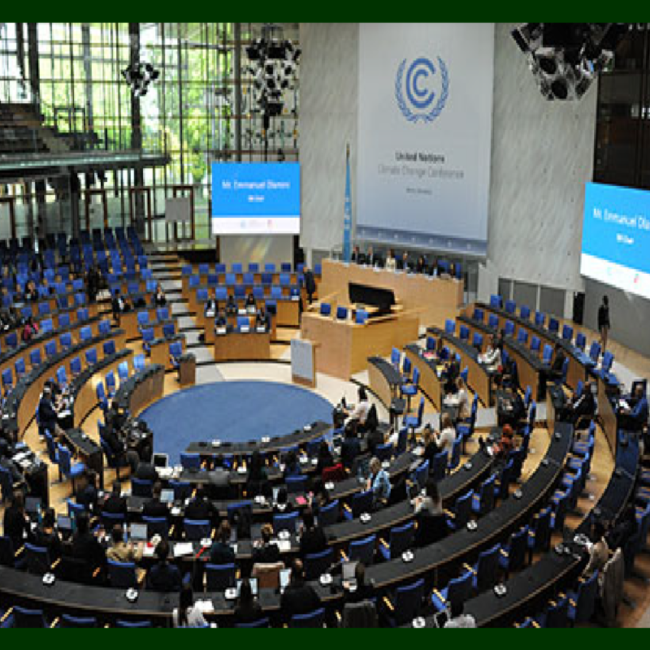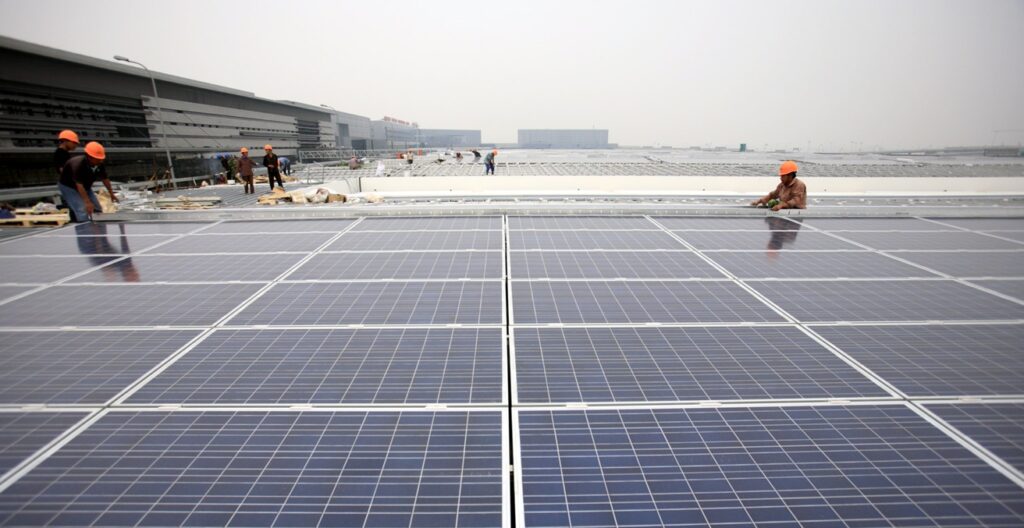Image: Solutions For Our Climate / X
Seoul-based climate advocacy group SOLUTIONS FOR OUR CLIMATE has lodged a legal complaint against South Korean steelmaking company Posco and SK Group
Posco and SK Group is the second largest conglomerate after Samsung, and the country’s biggest oil company, for exaggerating its sustainability claims.
This issue is over their use of a “green premium” to claim their emissions reductions. The government has outlawed use of the premium towards corporate net zero targets.
In 2022, while supply chain problems were emerging as pending issues, POSCO Group, which handles the overall secondary battery material business such as lithium/nickel, cathode and anode materials, and recycling, and SK On, which is rapidly increasing its global battery market share established a joint venture.
In a recent development, Seoul-based climate advocacy group Solutions For Our Climate (SFOC) has filed a complaint with Korea’s Fair Trade Commission and the Korea Environmental Industry and Technology Institute. The target of their scrutiny? Industry giants accused of greenwashing their decarbonization efforts.
The Green Premium System
At the heart of the controversy lies the “green premium” system. Here’s how it works:
What Is the Green Premium?
The green premium is an additional fee that companies pay to state-owned utility Korea Electric Power Corporation (KEPCO). In return, they gain access to clean electricity sourced from large power companies.
These power companies are legally obligated under Korean law to generate or purchase a certain share of renewable energy.
The Korea Energy Agency certifies the emissions reductions achieved through renewables, which are then excluded from the power producers’ emissions portfolio.
Double-Counting Dilemma
Companies that claim emissions cuts based on the green premium are accused of double-counting.
Here’s why:
-
- They count the emissions reductions both as part of their green premium payments and as part of their overall decarbonization efforts.
- This practice distorts the true impact of their sustainability initiatives.
Case in Point: SK Siltron
One notable example is semiconductor technology company SK Siltron. In 2022, they proudly declared a reduction of 7.7 million tonnes of carbon dioxide equivalent (tCO2e). Their claim was based on purchasing 168 gigawatt-hours of green premium.
However, SFOC argues that these emissions reductions should not be credited as part of SK Siltron’s decarbonization plans. The double-counting undermines the integrity of their efforts.
Regulatory Landscape
Korea’s Ministry of Environment and Ministry of Trade, Industry, and Energy have taken a firm stance. They’ve outlawed companies from claiming emissions reductions if they purchase a green premium. The rationale? To ensure accurate calculations for tracking Korea’s progress toward its national 2050 net zero target, enshrined in law in 2021.
Awaiting Responses
As of now, both SK and Posco have yet to respond to the complaint. These industry giants face scrutiny as they navigate the delicate balance between genuine sustainability efforts and potential greenwashing.
SK’s Ambitious Goals
SK, with its diverse portfolio spanning energy, life sciences, advanced materials, mobility, and semiconductors, has pledged to achieve net zero by 2050. Their strategy involves significant investments in renewables, carbon capture, use, and storage technologies. Their ambitious aim? To reduce carbon emissions by 200 million tonnes by 2030.
The battle against greenwashing continues, and the outcome will shape the future of corporate accountability in the fight against climate change.
The complaint was filed with Korea’s Fair-Trade Commission and the Korea Environmental Industry and Technology Institute on Friday by Seoul-based climate advocacy group Solutions For Our Climate (SFOC).
SFOC said the industry giants have been greenwashing their decarbonisation efforts by double-counting the emissions reductions they have made through the “green premium” system, which is an additional fee companies pay state-owned utility Korea Electric Power Corporation (KEPCO) to procure renewable energy.
Clean electricity bought through the green premium comes from large power companies which are obliged under Korean law to generate or purchase a certain share of renewable energy. Korea Energy Agency, the country’s energy board, certifies the amount of emissions reduced from renewables for the power producers, which is then excluded from their emissions portfolio. Companies that claim emissions cuts based on the green premium are therefore double-counting the amount of avoided climate pollution, argued SFOC.
For instance, semiconductor technology company SK Siltron claims to have reduced 7.7 million tonnes of carbon dioxide equivalent (tCO2e) by purchasing 168 gigawatt-hours of green premium in 2022, but these emissions reductions claims should not be claimed as part of the company’s decarbonisation plans, SFOC said.
Korea’s Ministry of Environment and Ministry of Trade, Industry and Energy has outlawed companies that purchase a green premium from claiming emissions reductions, because doing so would skew calculations for tracking Korea’s progress towards meeting its national 2050 net zero target, which was enshrined in law in 2021.
SK and Posco have yet to respond to the complaint.
The latest complaint comes a year after Korea became the first Asia jurisdiction to enact a law against greenwashing, with firms to be fined up to KRW3 million (US$2,300) for companies that mislead the public about their environmental impact. Not enough of a deterrent.







